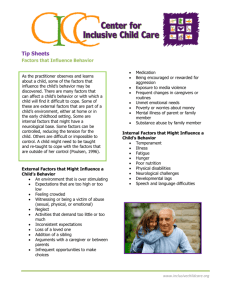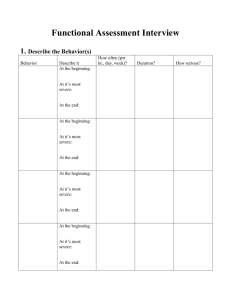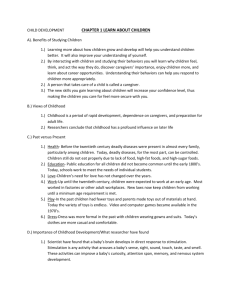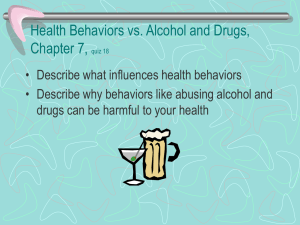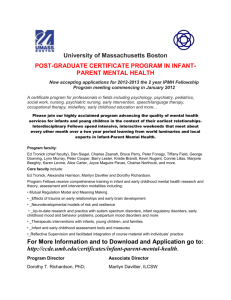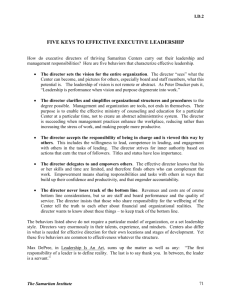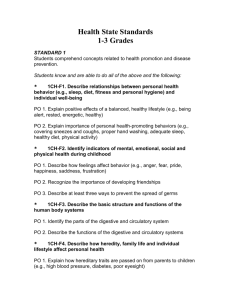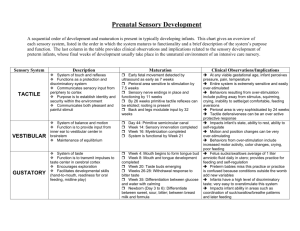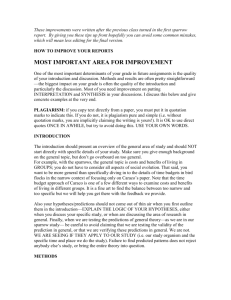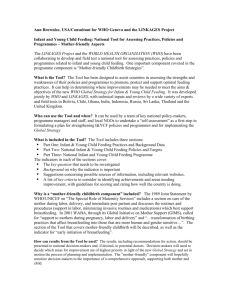Abstract
advertisement
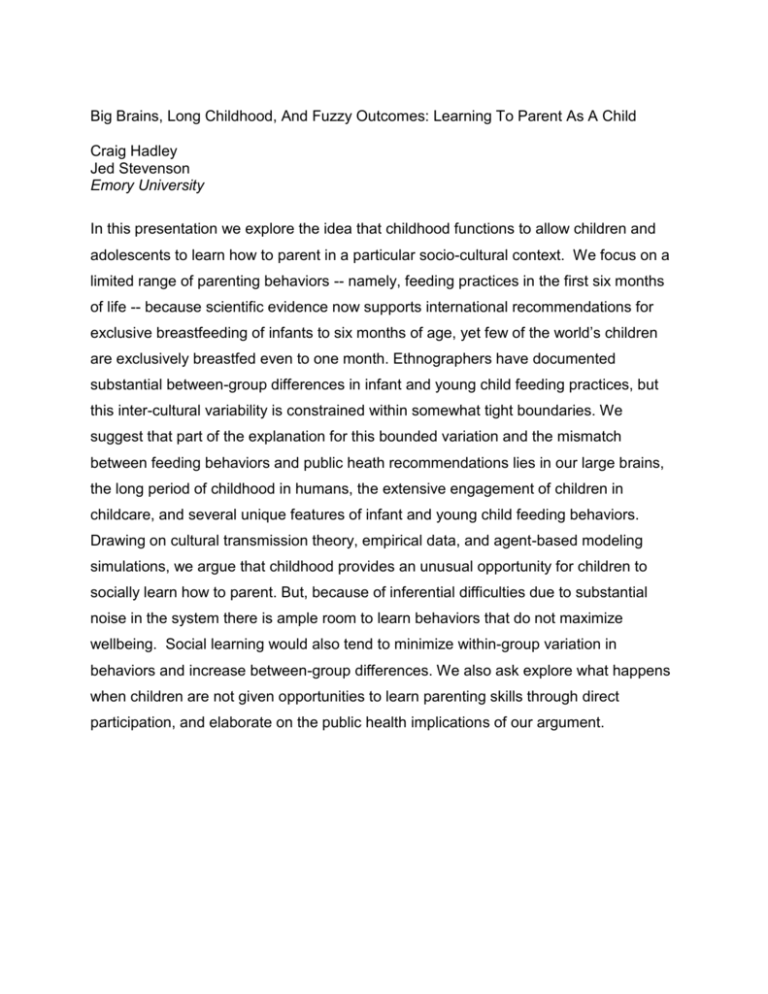
Big Brains, Long Childhood, And Fuzzy Outcomes: Learning To Parent As A Child Craig Hadley Jed Stevenson Emory University In this presentation we explore the idea that childhood functions to allow children and adolescents to learn how to parent in a particular socio-cultural context. We focus on a limited range of parenting behaviors -- namely, feeding practices in the first six months of life -- because scientific evidence now supports international recommendations for exclusive breastfeeding of infants to six months of age, yet few of the world’s children are exclusively breastfed even to one month. Ethnographers have documented substantial between-group differences in infant and young child feeding practices, but this inter-cultural variability is constrained within somewhat tight boundaries. We suggest that part of the explanation for this bounded variation and the mismatch between feeding behaviors and public heath recommendations lies in our large brains, the long period of childhood in humans, the extensive engagement of children in childcare, and several unique features of infant and young child feeding behaviors. Drawing on cultural transmission theory, empirical data, and agent-based modeling simulations, we argue that childhood provides an unusual opportunity for children to socially learn how to parent. But, because of inferential difficulties due to substantial noise in the system there is ample room to learn behaviors that do not maximize wellbeing. Social learning would also tend to minimize within-group variation in behaviors and increase between-group differences. We also ask explore what happens when children are not given opportunities to learn parenting skills through direct participation, and elaborate on the public health implications of our argument.

